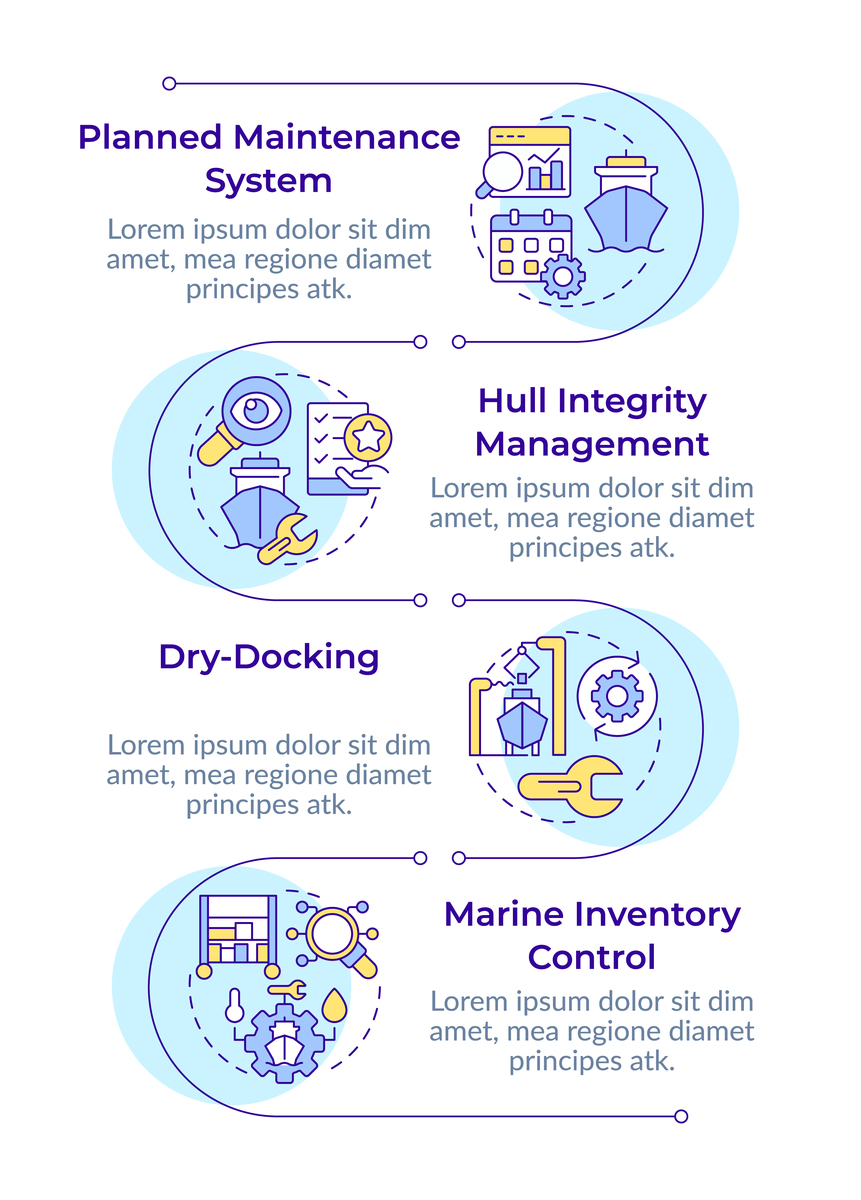Executing the Design-Make-Test Strategy in Biotech: Partnering for Success
Sure! Here's a detailed LaTeX-format article discussing how a biotech company adopting the design-make-test strategy can execute this strategy and the potential benefits of partnering with a venture capitalist (VC), a contract research organization (CRO), and a law firm.
\documentclass{article} \usepackage[utf8]{inputenc}
\title{Executing the Design-Make-Test Strategy in Biotech: Partnering Opportunities} \author{Your Name} \date{\today}
\begin{document}
\maketitle
\section{Introduction} Biotechnology companies often face complex challenges in developing and commercializing innovative products. The design-make-test strategy is a widely adopted approach that allows biotech firms to iteratively design, build, and evaluate their products. However, executing this strategy effectively requires specialized expertise and resources. This article explores the potential benefits of partnering with a venture capitalist (VC), a contract research organization (CRO), and a law firm to support the execution of the design-make-test strategy.
\section{Partnering with a Venture Capitalist (VC)} Venture capitalists play a crucial role in the biotech industry by providing financial support and strategic guidance to startups and emerging companies. Partnering with a VC can offer several advantages for a biotech company adopting the design-make-test strategy:
\subsection{Financial Resources} Executing the design-make-test strategy requires substantial financial resources. VCs can provide the necessary funding to support research and development activities, manufacturing capabilities, and clinical trials. This financial support enables biotech companies to focus on executing their strategy without being constrained by limited resources.
\subsection{Strategic Expertise} VCs bring valuable industry experience and expertise to the table. They have a deep understanding of the biotech landscape, regulatory requirements, and market dynamics. Partnering with a VC allows biotech firms to leverage this knowledge and receive strategic guidance throughout the design-make-test process. VCs can help in making critical decisions, identifying potential risks, and exploring new market opportunities.
\subsection{Network and Connections} VCs have extensive networks within the biotech ecosystem, including connections with key opinion leaders, regulatory authorities, and potential partners. Leveraging these networks can provide biotech companies with access to valuable resources, collaborations, and business development opportunities. Partnering with a VC opens doors to potential partnerships and collaborations that can accelerate the design-make-test process.
\section{Partnering with a Contract Research Organization (CRO)} Contract research organizations specialize in providing research and development services to biotech companies. Partnering with a CRO offers several advantages for executing the design-make-test strategy:
\subsection{Specialized Expertise} CROs have a wealth of scientific and technical expertise across various disciplines. They possess specialized knowledge in areas such as drug discovery, assay development, preclinical and clinical testing, and regulatory compliance. Partnering with a CRO allows biotech firms to tap into this expertise, ensuring high-quality execution of the design-make-test strategy.
\subsection{Infrastructure and Resources} Executing the design-make-test strategy often requires access to state-of-the-art infrastructure, specialized equipment, and research facilities. CROs possess these resources, enabling biotech companies to leverage their capabilities without significant upfront investments. Partnering with a CRO provides access to cutting-edge technologies and facilities, accelerating the design-make-test process.
\subsection{Time and Cost Efficiency} Partnering with a CRO can significantly enhance the efficiency of the design-make-test strategy. CROs have streamlined processes and established workflows, reducing the time and cost required for various stages of product development. By outsourcing specific tasks to a CRO, biotech companies can focus on core activities while ensuring timely and cost-effective execution of the strategy.
\section{Partnering with a Law Firm} Legal considerations play a vital role in the biotech industry, especially regarding intellectual property protection, regulatory compliance, and licensing agreements. Partnering with a law firm offers several benefits for biotech companies adopting the design-make-test strategy:
\subsection{Intellectual Property Protection} Developing innovative products involves creating and protecting intellectual property (IP). Law firms specializing in biotech can provide expertise in IP strategy, patent filings, and licensing agreements. Partnering with a law firm ensures that biotech companies can safeguard their inventions, maintain exclusivity, and capitalize on their IP assets.
\subsection{Regulatory Compliance} Navigating the complex regulatory landscape is crucial for successful product development and commercialization. Law firms with expertise in biotech regulations can provide guidance on compliance requirements, clinical trial protocols, and interactions with regulatory authorities. Partnering with a law firm ensures that biotech companies adhere to the necessary regulations, minimizing potential risks and delays.
\subsection{Contract Negotiations} Throughout the design-make-test process, biotech companies may enter into various partnerships, collaborations, and licensing agreements. Law firms can assist in negotiating and drafting these contracts, ensuring that the company's interests are protected. Partnering with a law firm provides access to legal expertise, enabling biotech firms to establish favorable terms and mitigate legal risks.
\section{Conclusion} Executing the design-make-test strategy in biotech requires a multidisciplinary approach and access to specialized resources. Partnering with a venture capitalist, a contract research organization, and a law firm can significantly enhance the execution of this strategy. VCs provide financial resources, strategic guidance, and valuable connections. CROs offer specialized expertise, infrastructure, and time/cost efficiency. Law firms assist in intellectual property protection, regulatory compliance, and contract negotiations. By leveraging these partnerships, biotech companies can streamline their design-make-test process, accelerate product development, and increase their chances of success.
\end{document}

原文地址: https://www.cveoy.top/t/topic/fSZa 著作权归作者所有。请勿转载和采集!